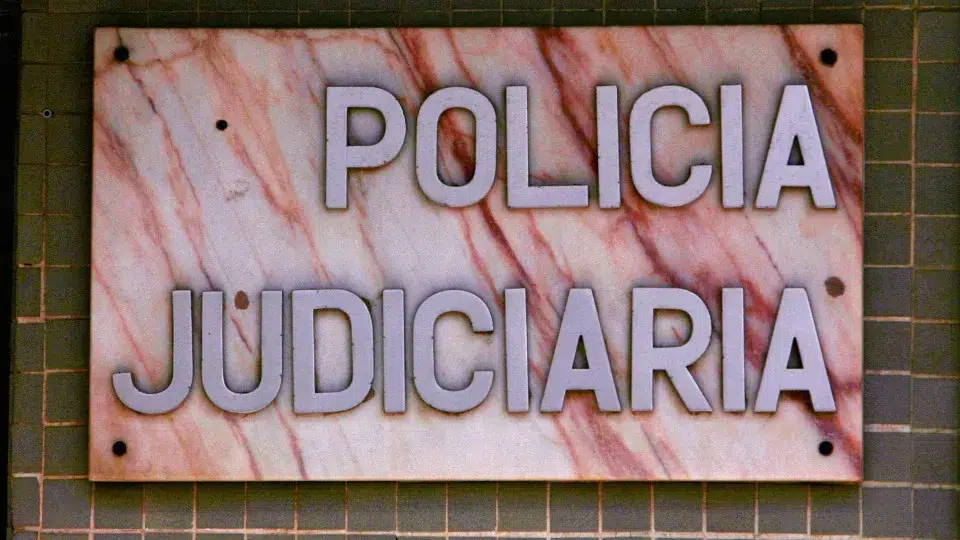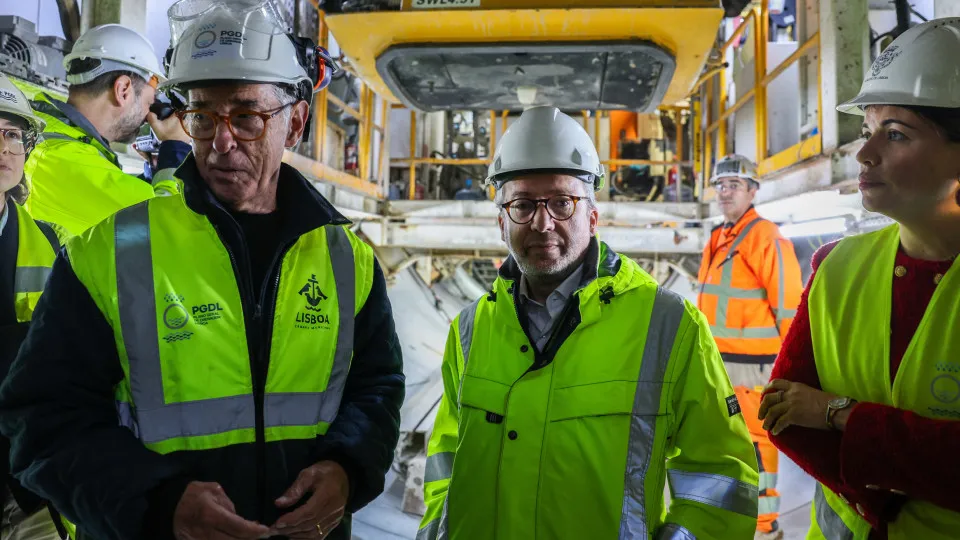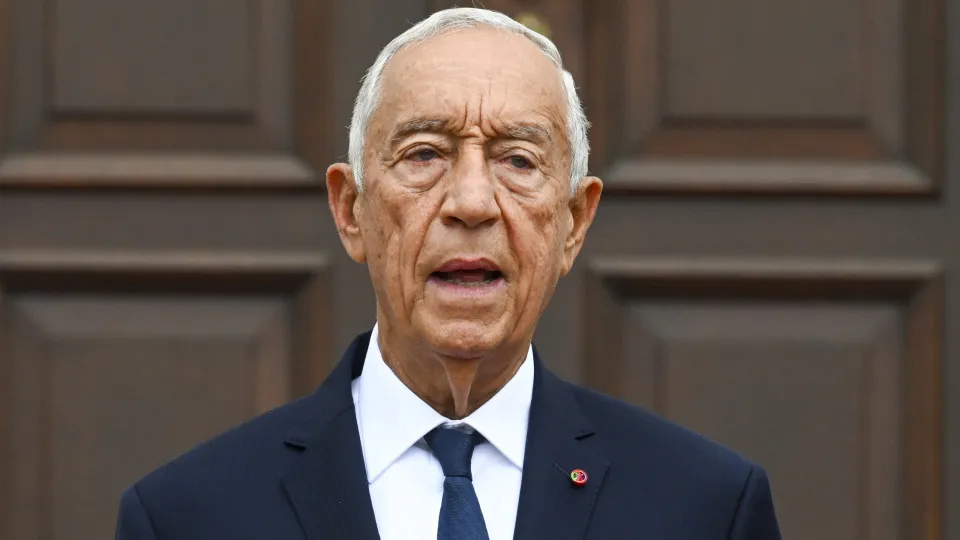
The second government led by Prime Minister Luís Montenegro, taking office today, will feature a Ministry of Culture, Youth, and Sports, headed by lawyer Margarida Balseiro Lopes, the former Minister of Youth and Modernization.
“Culture is neither an accessory nor a convenient appendage of other areas (…) it is a complex area – like all others – with its own dynamics, requiring distinct, sustained, and long-term public policies,” said Luís Costa, president of the Association of Northern Producers and Independent Audiovisual Entrepreneurs (APNEIA).
For this association, the decision politically signifies that “Culture is not a priority.”
“From the minimal and very discreet signs we have received, it is almost impossible not to interpret the recent events without fearing that the current government logic seeks simply to neglect its duty and responsibility,” he lamented.
The Association of Cinema and Audiovisual Producers (APCA) also expressed concern about the creation of a “tripartite ministry,” at a time when the sector aspires to “a leap, a positive change in the area.”
Margarida Balseiro Lopes “is young, energetic, and may be very active, but if she does not have a good ‘staff’ and if she is not able to delegate… we have so many pending and upcoming dossiers, how can she manage this with a tripartite ministry?” questioned APCA president Fernando Vendrell.
Filipa Reis, from the board of the Portuguese Directors Association (APR), stated it is essential that the new minister maintains the same values for the sector, namely “maintaining cinema oversight within Culture with all support lines,” “strengthening public policies,” and “maintaining RTP, with a public television budget and obligations to invest in Portuguese cinema.”
For the APCA, the next minister “must govern and be responsive to sector agents,” compared to her predecessor, Dalila Rodrigues, who had “a very radical management style.”
“It was a period of inaction, lack of communication, and great difficulties, and we are in quite a complex moment for Portuguese cinema and audiovisual,” said Fernando Vendrell.
Luís Costa echoed this sentiment, noting “an almost total absence of communication with artists, creators, and sector workers,” at a “critical time when many of these professionals and sector structures face precariousness and lack of recognition.”
“It is also very difficult to evaluate a person who did not attend to her work. Concerning cinema and audiovisual, the lack of communication and involvement of the former minister is undignified, seemingly continually absolving herself of responsibility,” stated Luís Costa.
The previous Montenegro executive, led by Parliamentary Affairs Minister Pedro Duarte, released a legislative diploma for public consultation to reshape the cinema and audiovisual support and incentive system, with a total allocation of 250 million euros to be applied by 2028.
One of the measures listed is to combine current incentive mechanisms for film production ‘cash rebate’ and ‘cash refund’; another proposal is the creation of a 50 million euros credit line for production support, managed by the Portuguese Development Bank, “in coordination” with Tourism of Portugal and the ICA.
The government stated this legislative diploma is open for public consultation until the 13th.
This reformulation, endowed with 250 million euros, was approved by the PSD/CDS-PP executive nearly a year after the outgoing Socialist government’s Culture Minister, Pedro Adão e Silva, homologated a strategic plan for cinema and audiovisual for the period 2024-2028, which is still pending execution.




